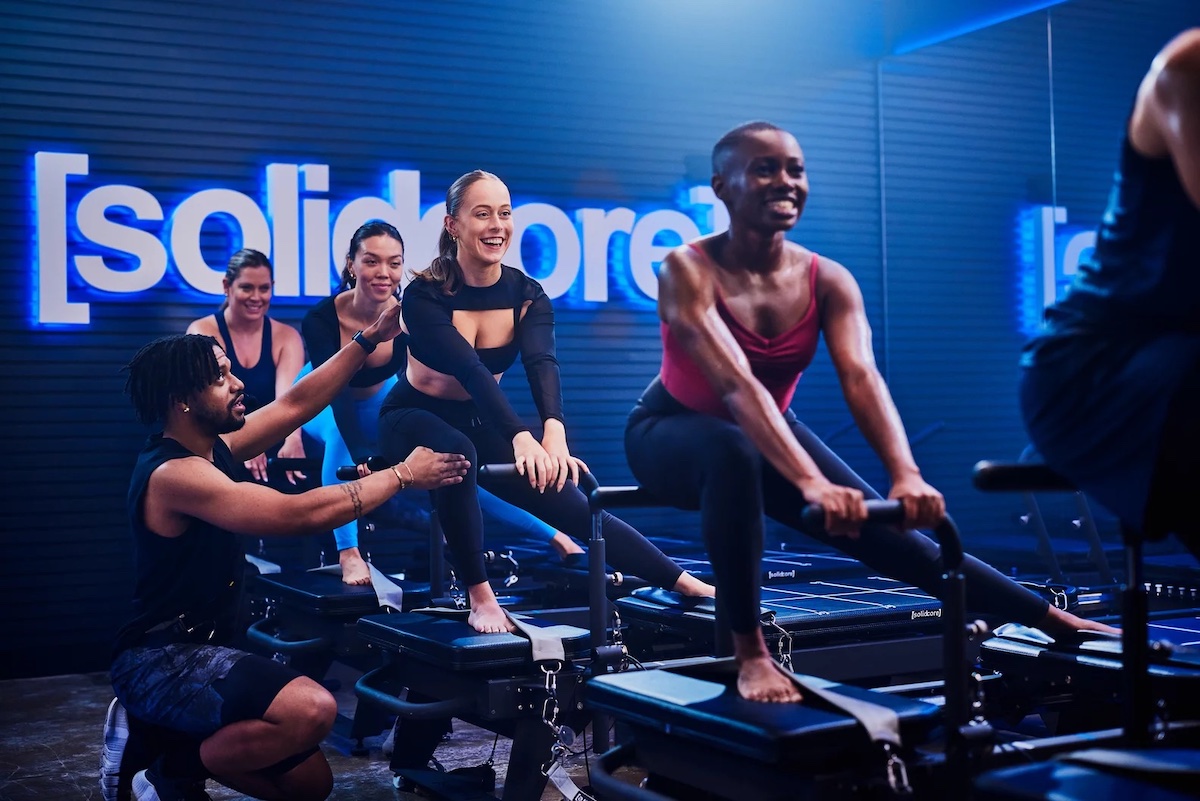lululemon’s foray into at-home fitness is winding down.
TL;DR: lululemon will stop selling MIRROR fitness screens, eliminate its app-only membership tier, and outsource workout content to Peloton.
For its part, Peloton becomes lululemon’s exclusive digital fitness provider, distributing classes within the apparel maker’s ecosystem.
Finding common ground, lululemon will be Peloton’s primary activewear partner, with select instructors earning lulu ambassador status.
Inside the deal. Officially positioned as a five-year “strategic partnership,” the agreement lets lululemon offload its unprofitable fitness division, just a few years after its $500M acquisition of MIRROR.
Using the connected equipment company as a wedge into digital workout content, lululemon’s plans for an immersive fitness marketplace never materialized, leading it to lay off staff and explore a sale.
Facing challenges of its own, Peloton is still attempting to turn its business around following a post-pandemic backslide that has included job cuts and restructuring as its value sank from $50B to ~$2B.
Now, linking with lululemon, Peloton is touting its place as a “clear leader” in connected fitness.
On one hand, the licensing deal is a nice boost. On the other, Peloton still has to convert lulu’s community to paying subscribers of its own.
Behind the scenes. The deal also sees Peloton co-founder Tom Cortese exit the company, vacating his role as chief product officer — with tech veteran Nick Caldwell taking over.
Punchline: Taking the long way around, Peloton ends up outlasting MIRROR and lululemon gets back to its core business. For the former, it hopes the new addition fuels growth. Meanwhile, the latter is gaining by subtraction.



